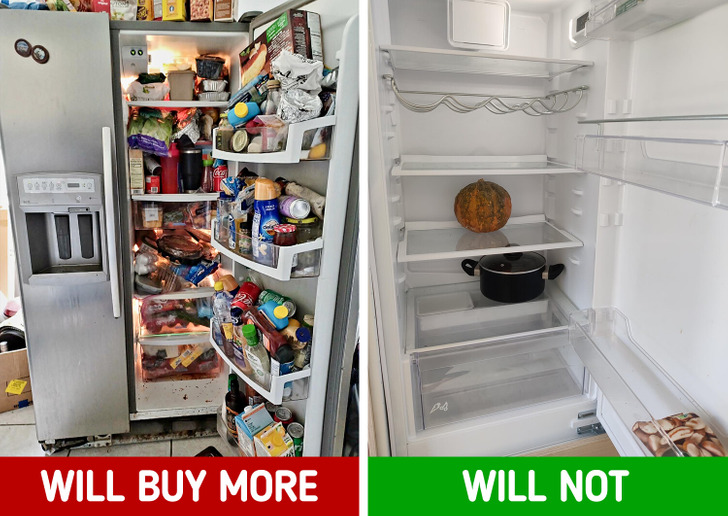10 Secret Tips That Can Help You Save Big Money / Bright Side
Saving money doesn’t have to be overwhelming. Small, consistent changes can lead to significant financial benefits over time. Whether you’re trying to cut daily expenses, embrace a budget-friendly lifestyle, or adopt smart money habits, these tiny tweaks can make a big difference.
Why tiny habits make a big difference in saving money
Small changes can have a massive impact on your financial health. Adopting tiny habits doesn’t mean drastic lifestyle changes but instead focusing on smarter choices. These adjustments are easy to stick with and help establish a budget-friendly lifestyle. Whether it’s cutting daily expenses or adopting new money-saving habits, these tips will help you save big without compromising your quality of life.
1. Save without sacrifice: Using “no-spend” weekends
Designate one weekend a month as a no-spend weekend. Instead of dining out or shopping, focus on free activities like hiking, visiting local parks, or playing games at home. A no-spend weekend can save households plenty of money. Over time, this habit can significantly boost your savings.
2. Buy generic over branded products
Generic products are often just as good as their brand-name counterparts but cost significantly less. From medications to groceries, choosing store brands can save you hundreds annually without compromising quality. Compare ingredients and reviews to ensure you’re making the right choice.
3. Stop impulse purchases with the 48-hour rule
When you are online shopping, it is easy to overspend. To save money, you can first add the items you want to your cart and then give yourself 48 hours to think it over. Often, the initial excitement fades, and you realize you don’t need the item. Practicing this habit can help you cut daily expenses and stick to your financial plan.
4. Plan your meals and save more
Meal planning isn’t just for the organization — it’s a powerful tool for saving money. By deciding your meals in advance, you can shop more strategically and reduce food waste a lot. A family of four people is estimated to waste $1500 annually on uneaten food. Meal planning can save you major money in the long run.
5. Use cash instead of cards
When you pay with cash, you’re more mindful of your spending. Behavioral studies show that people spend 18% less when using cash compared to cards. This is because handing over physical money feels more tangible, making you think twice before a purchase. It’s an easy and effective way to stick to your budget and adopt smarter money habits.
6. Automate your savings
Set up an automatic transfer from your checking to your savings account every month. This habit ensures that you prioritize saving before spending. Even small amounts, like $20 a week, can grow significantly over time. Automating removes the temptation to skip saving in favor of spending.
7. Reuse and repurpose items
You can save an extra $1,500 annually without sacrificing anything. All you have to do is don’t let items you already own go to waste for no reason. Before buying new items, consider whether you can reuse or repurpose something you already own. For instance, glass jars can be turned into storage containers, old clothes can be repurposed as cleaning rags, bedsheets used as curtains, etc.
8. Cancel unused subscriptions
Take a closer look at your monthly subscriptions. Services like streaming platforms, gym memberships, or magazine subscriptions can add up quickly. Cancel those you rarely use and redirect that money toward savings. You’ll be surprised how much you can save by cutting these overlooked expenses.
9. Practice the “Round-up” saving method
Some banking apps and tools allow you to round up your purchases to the nearest dollar, transferring the difference into a savings account. For example, if you spend $19.25, $0.75 goes directly into savings. This method makes saving effortless and adds up over time without you even noticing.
10. Empty your fridge before grocery shopping: Saving food and money
Before heading to the store, take inventory of your fridge and pantry. This simple step helps reduce food waste and prevents you from buying items you already have. The average household wastes 30% of groceries annually, amounting to hundreds of dollars in unnecessary expenses. Planning meals around what you have ensures you use up perishables and stick to a more efficient grocery list.
Adopting these frugal tips and money-saving habits can significantly improve your financial health. From cutting daily expenses to better financial planning, small steps can make a big difference. Start with one or two habits today, and watch how they transform your budget-friendly lifestyle.
Here are some genius tips by thrifty people to save money.




